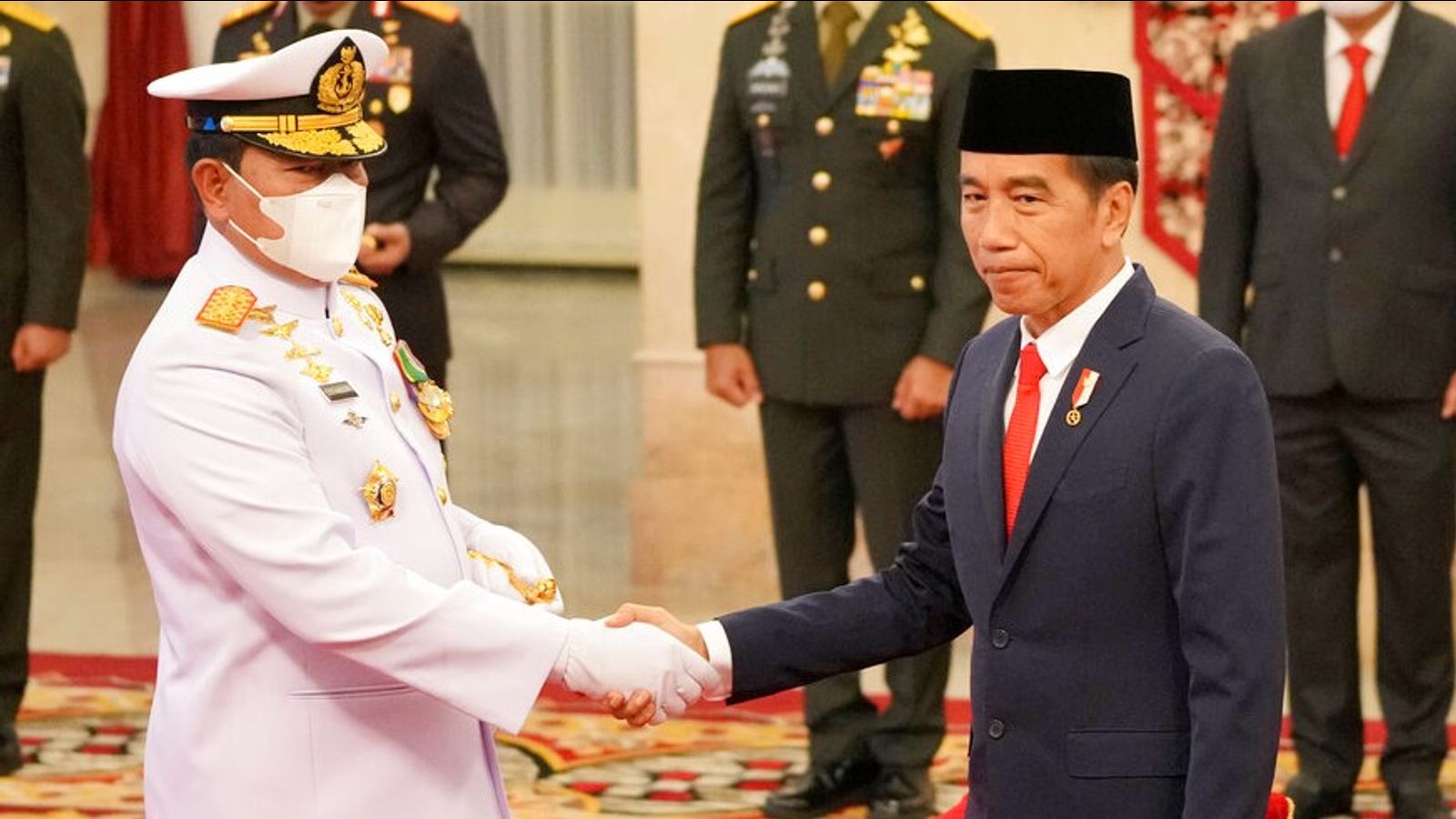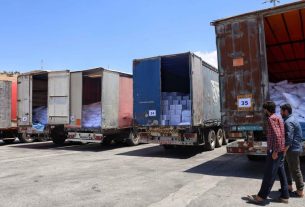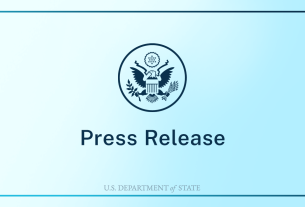Last month, the Indonesian parliament unanimously passed a new revision of the country’s criminal code. The code, which would replace legislation dating back to the period of Dutch colonial rule, signifies a major assault on the democratic rights of working people.
Much of the attention in the Western corporate media has centred on articles in the code that criminalise sexual relations and cohabitation outside marriage—in particular, the impact this will have on tourism and foreign investment in Indonesia.
The new law, however, includes over 624 articles and contains a broad range of sweeping attacks on the basic rights of Indonesian workers and their ability to express political opposition, under conditions of growing social tensions.
Among these are bans on “insulting” the president, vice president, the government, or state institutions, punishable by up to four years in prison. Those holding demonstrations in public spaces without an official permit from authorities could be fined or imprisoned for six months.
Individuals accused of spreading “disinformation” or “fake news” that may result in public unrest can face a prison sentence of six years.
Significantly, the provision outlining the most severe penalty outlaws the teaching or spreading of Marxism and communism—10 years’ imprisonment. It also prohibits any perceived deviation from the state ideology of Pancasila, which enshrines belief in a divinity, nationalism, and bourgeois democracy.
Abid Al Akbar, a university student from capital city Jakarta, told the Australian Broadcasting Corporation, “[If] we, as students, want to hold a discussion or a scientific study on communism and Marxism, this could potentially be reported too and we could be hit [by the law].”
The first attempt by President Joko Widodo’s government to introduce this new code in September 2019 sparked mass protests across the archipelago, led mainly by students in the major cities. These were among the largest student demonstrations since the mass movement of workers and youth that toppled the Suharto military dictatorship in 1998.
Three years after nervously postponing a parliamentary vote on the code, it was approved on December 6 by every member of the lower house, including so-called “democratic” parties. The new law will take effect on January 2026, after Widodo’s last term ends next year.
Thousands reportedly protested around the country in the week following the announcement. Protests are expected to continue and grow over the coming period, as objections are to be filed to the Constitutional Court for a judicial review.
The far-reaching character of the new law provoked an uproar on social media, through circulation of the hashtags #SemuaBisaKena (“Everyone can be charged”) and #TibaTibaDipenjara (“Suddenly imprisoned”).
The new code contains numerous reactionary measures aimed at appeasing Islamic fundamentalist forces, whose political influence has grown over recent years.
Extramarital sex can be punished by one year in prison, based on police complaints made by relatives of the individual. Couples living together without being married can be imprisoned for six months. This will affect tens of millions of Indonesians who do not legally marry for financial or religious reasons, as well as LGBT people who cannot get married under Indonesian law.
Abortion, assisting an abortion, and distributing information about contraception are all criminalised and carry jail terms of up to five years. The code’s blasphemy chapter has been expanded: not only blasphemy, but apostasy and attempted conversion to atheism are now also outlawed.
Additionally, under the new law the government will formally recognise “living laws” – i.e., customary laws at local level such as Sharia regulations or regional customs. These include curfews for women, female genital mutilation, and mandatory hijab dress codes.
The passage of the code has been condemned by global human rights and press freedom groups. Amnesty International identified at least 88 articles that are broadly defined and “could be misused and misinterpreted” by authorities. The UN published a statement that “certain provisions” of the new code are “incompatible” with international conventions to which Indonesia is a signatory.
Sasmito Madrim, chairman of Indonesia’s Alliance of Independent Journalists, stressed that the new articles on “fake news,” criticism of government, deviation from Pancasila, and defamation of the dead will prevent the “basic work” of reporting and have “the potential to send journalists to prison,” Reuters reported.
The Indonesian government has rammed through the repressive new code at a time of rising social anger among workers and rural masses towards the conditions they confront, which have drastically worsened since 2019.
The Widodo government’s profit-driven response to the COVID-19 pandemic has economically and physically devastated millions. A recent report by the World Health Organisation estimated that the real death toll in Indonesia during the first two years of the pandemic, based on excess deaths, could have been over one million, when officially recorded deaths stood at 140,000.
Global inflation has sent the costs of basic commodities soaring. Three months before the new code was approved, widespread protests and strikes erupted after a fuel price hike. Social inequality in Indonesia, ranked among the highest in the world, has only deepened.
The unanimous passage of the criminal code demonstrates that there is no constituency for basic democratic rights in the country’s political establishment. Every political faction of the capitalist class fears the emerging opposition of the working class, which they are seeking to head off and suppress.
Widodo, once promoted among the international media and rights groups as a “reformer,” is presiding over the abolition of democratic norms. The code exposes the bankruptcy of reformasi, the charade of democratic reform supposedly opened up after the ousting of Suharto in 1998.
Since then, elections have maintained an increasingly thin democratic façade behind which the apparatus of the military junta apparatus remains intact. Successive governments sought to cultivate and legitimise far-right Islamist groups, a process now accelerating under the pressures of an historic crisis of global capitalism and the re-emergence of the international working class.
The only social force that can carry out a genuine struggle for basic democratic rights is the working class as it fights for its essential social rights to jobs, decent wages and living conditions. Thus the fight for democracy is completely bound up with the struggle for socialism against the bankrupt capitalist system.



